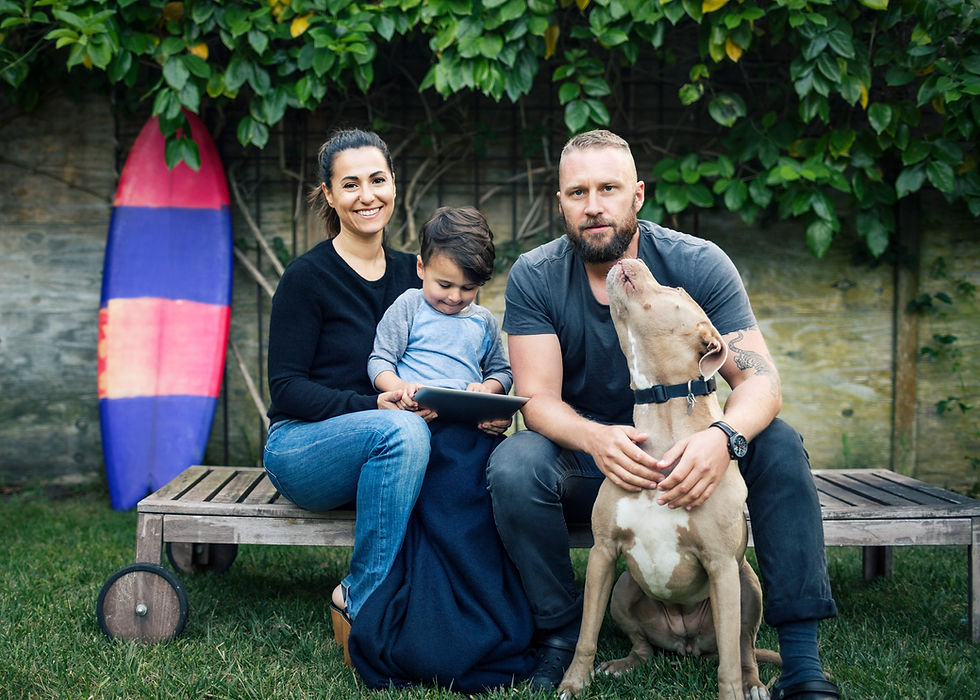Kids and Bio-Individuality: 9 Must-Know Dos and Don’ts for Parents
- Meirav Paz
- Sep 3, 2020
- 2 min read
“Being a parent is having your heart walking outside your body,” is one saying that resonates with many mothers and fathers. It’s also one of many proverbs and sayings that liken children to parts of us parents, or at least to a reflection of us. However, any parent can tell you that from a very young age, your kid will demonstrate and assert their individuality in any way humanly possible as part of the very healthy process of finding their own voice in the world, their personality traits, their like and dislikes - in short, their individuality. The same is true when it comes to the way your child’s body functions.

Nowadays, we’re familiar with the term bio individuality: this means there’s no one-size-fits all magic diet or routine that can be the magic solution for everyone. Each person has their own individual genetic makeup, metabolism, emotional thoughts, lifestyle patterns and more internal and external factors leading to highly individualized nutritional requirements. While as parents, we have an immense impact on the external factors (as well as some of the internal factors they might have inherited from us), it’s important to remember that our child’s individuality extends to their dietary and physical needs. Just like their temperament, likes and overall personality aren’t a replica of our own (or their siblings’). At the end of the day, the most important goal is to set them for success and help them become the best version of themselves.
Here are a few do’s and don’t to honor your child’s individuality as well as bio-individuality, while making sure to maintain and nurture a healthy lifestyle:
Do provide a healthy structure.
Do not expect them to have the same food likes and dislikes, or the same appetite patterns like yourself.
Do set an example in the way you eat, exercise and regard your body and self esteem.
Don’t worry if your child seems to need smaller, more frequent meals or gravitates towards different meal times.
Do monitor their energy levels and their ability to focus to make sure they have enough brain fuel.
Do not criticize their body shape if it’s different than yours.
Do have a conversation about health vs weight.
Do make sure to have a sit-down family meal with conversation and no screens.
Don’t insist on everyone eating the same portion during family time.
Have questions? Need guidance? We’d love to be your partners in instilling healthy habits. Comment with your most pressing questions or contact us for a consultation.





Comments